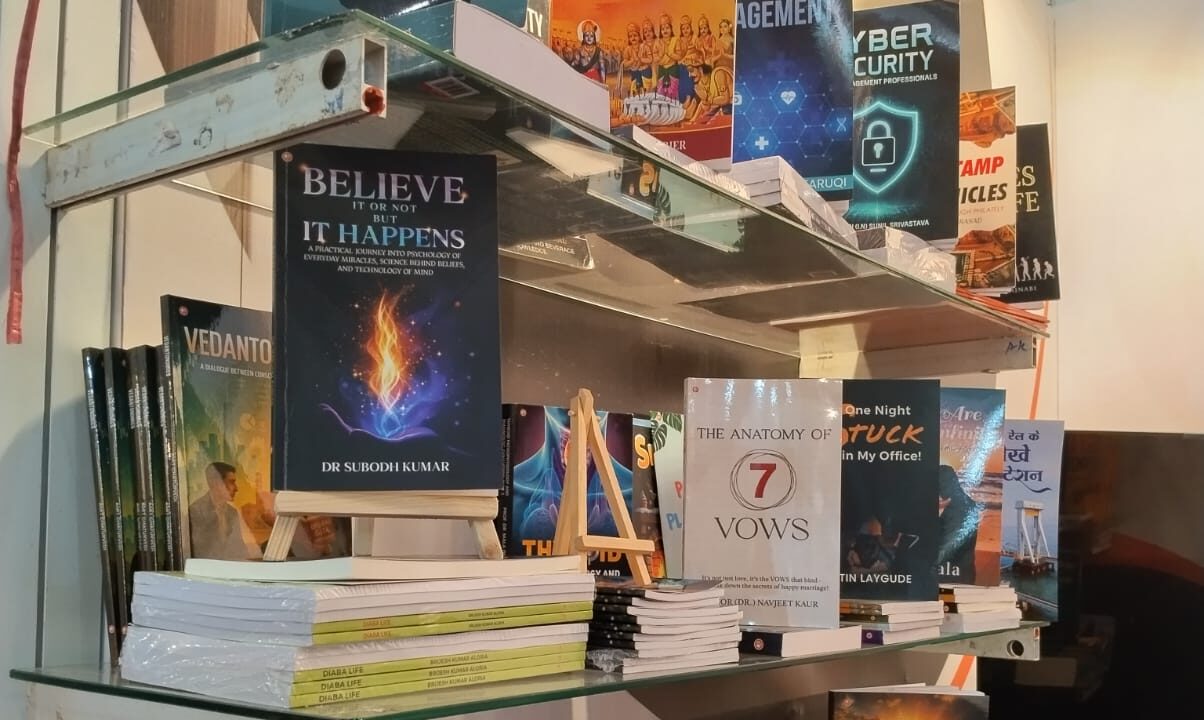Memory, the cognitive ability to store, retain, and recall information, is a complex and fascinating facet of human cognition. The processes involved in memory formation and retrieval are intricate, involving various stages that contribute to the intricate tapestry of our recollections. In this blog, we delve into the three fundamental processes of memory: encoding, storage, and retrieval, shedding light on the mechanisms that shape our ability to remember and, at times, forget.
1. Encoding: The Gateway to Memory Formation
The journey of a memory begins with encoding, the process of converting sensory input into a form that the brain can process and store. Encoding is not a uniform process; rather, it involves multiple pathways and modes depending on the nature of the information.
Key Concepts:
- Visual Encoding: Information is encoded based on visual characteristics. For example, remembering a face involves encoding the visual features such as facial expressions, features, and context.
- Acoustic Encoding: This involves encoding information based on its sound. Remembering a song or a spoken word relies on acoustic encoding.
- Semantic Encoding: This involves encoding information based on its meaning. Understanding and remembering the meaning of words, concepts, or ideas fall under semantic encoding.
2. Storage: Safeguarding Memories for the Long Haul
Once information is encoded, it moves to the storage phase, where it is held over time. Memory storage is not a single, static entity but a dynamic process involving different types of memory stores.
Key Concepts:
- Sensory Memory: The initial stage that briefly holds sensory information. It acts as a buffer, allowing us to retain a sensory snapshot of our environment.
- Short-Term Memory (STM): Information that receives attention moves to the short-term memory, where it is actively processed for a limited duration. Rehearsal can enhance the transfer to the next stage.
- Long-Term Memory (LTM): Information that is rehearsed and deemed important moves to long-term memory. This stage has a vast capacity and can store information for an extended period.
3. Retrieval: Unveiling Memories from the Depths
Retrieval is the process of bringing stored information back into conscious awareness. It is akin to searching through the vast archives of memory to locate and bring forth the desired piece of information.
Key Concepts:
- Recall vs. Recognition: Recall involves retrieving information without cues, while recognition involves identifying information from a set of options. For example, recalling a friend’s name is different from recognizing it in a list.
- Retrieval Cues: Environmental cues, emotional states, or context can act as retrieval cues, helping trigger the recall of specific memories. The more cues that overlap with the encoding context, the better the retrieval.
- Forgetting and Interference: Forgetting occurs when retrieval fails, and interference can play a role. Proactive interference happens when prior learning interferes with new information, while retroactive interference occurs when new learning disrupts the recall of old information.
Real-World Implications: Enhancing Memory Skills
Understanding the intricacies of memory processes has practical implications for improving memory skills. Employing mnemonic devices, creating associations, and practising retrieval can enhance encoding and retrieval processes. Additionally, optimizing study techniques, staying organized, and maintaining a healthy lifestyle contribute to overall memory performance.
Conclusion
Memory is a dynamic and intricate process involving encoding, storage, and retrieval. From the initial intake of sensory information to the safeguarding of memories in long-term storage and the subsequent retrieval when needed, each stage plays a crucial role in shaping our cognitive experiences. By unravelling the secrets of memory processes, we gain insights into how our minds construct, store, and access the rich tapestry of our past, providing a foundation for understanding the complexities of human cognition.








